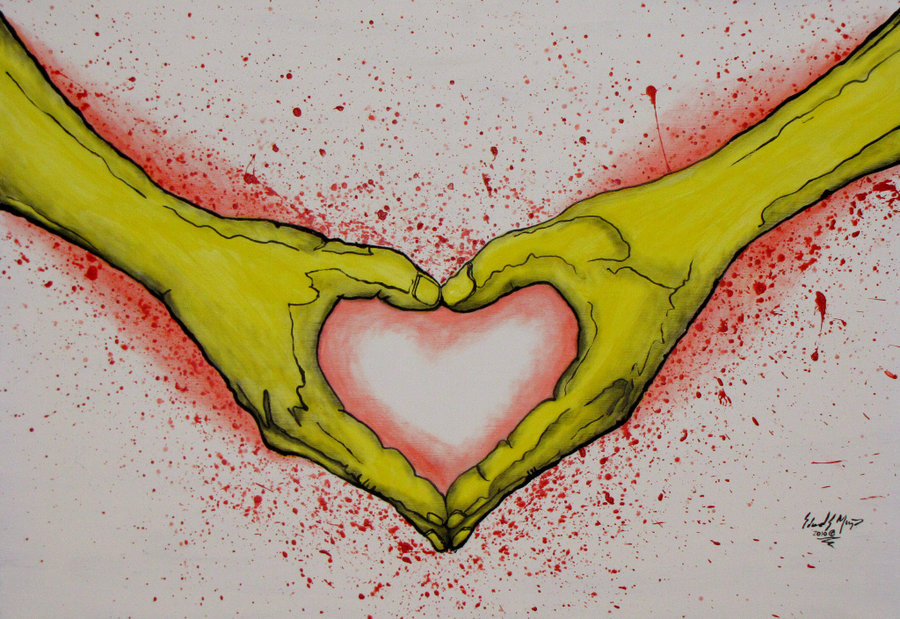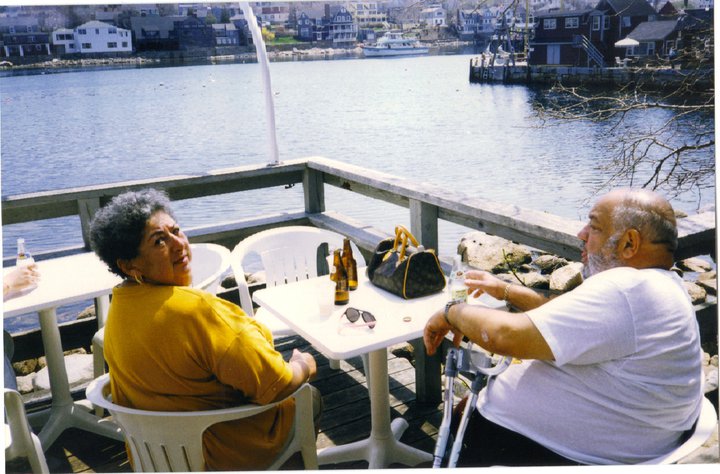Erin and I have a strong marriage. But every marriage requires constant work, and ours is no exception. That work often requires me to look in the mirror.
Mood music:
http://youtu.be/E7xUZkKd58c
For Erin, it means seeing my bad days for what they are and helping me work through them. For me, it means doubling down and fighting back the demons that make me difficult to live with sometimes.
Having experienced all this, an article in Communication Monographs caught our interest. It explores depression and the uncertainty it can cause for couples.
Depression is a chronic condition for me, so it certainly applies.
The article notes that depressed people withdraw from negative situations or social challenges. Feelings of futility and inhibition come into play. Couples where one or both partners experience depression try to preserve the relationship by avoiding conflict.
“This behavior is detrimental to relationships, causing lack of problem resolution, missed bonding opportunities, lack of closeness and questions over commitment,” the article says.
From my perspective, it’s true.
I used to carry around a deep fear of loss that made me avoid painful, truthful conversations we needed. I feared Erin would run out of patience and kick me out.
When we argued, I clammed up. Eventually a wall rose up between us. A few years ago we decided to go to marriage counseling and work through it. The experience drove home that I needed to speak my mind and be honest about my feelings — and that I needed to be a better listener.
It was one of the hardest things I’ve done. That new side of me was no fun for Erin, either. But it was a huge step forward.
My demons have made me less than honest in the past, especially when my addictions were running wild. When you lie, you’re essentially taking a hammer to the trust you build as a couple. It takes a long time to build it back up. Sometimes, the trust never comes back.
I’ve worked damn hard not to let my issues take us there. I’d like to think I’m better than I used to be.
Meanwhile, we’ve developed routines to keep our marriage strong despite the challenges:
- Once or twice a month, we have date nights. Date nights are critical. If we don’t occasionally focus just on each other, we can lose that original spark.
- Most days, we stop after work and share the experiences of our day. When the weather cooperates, we do this during walks.
- We try to never go to bed angry. If the day ends and we have a disagreement, we discuss. It’s not always pretty, but it’s necessary. As an extension of that:
- We always try to argue well. We don’t call each other names. We don’t threaten each other. We work through things.
We love each other and have found the struggle worth it. We know the struggle is never over.
We know my depression will always be a threat and we must confront it as a couple.






